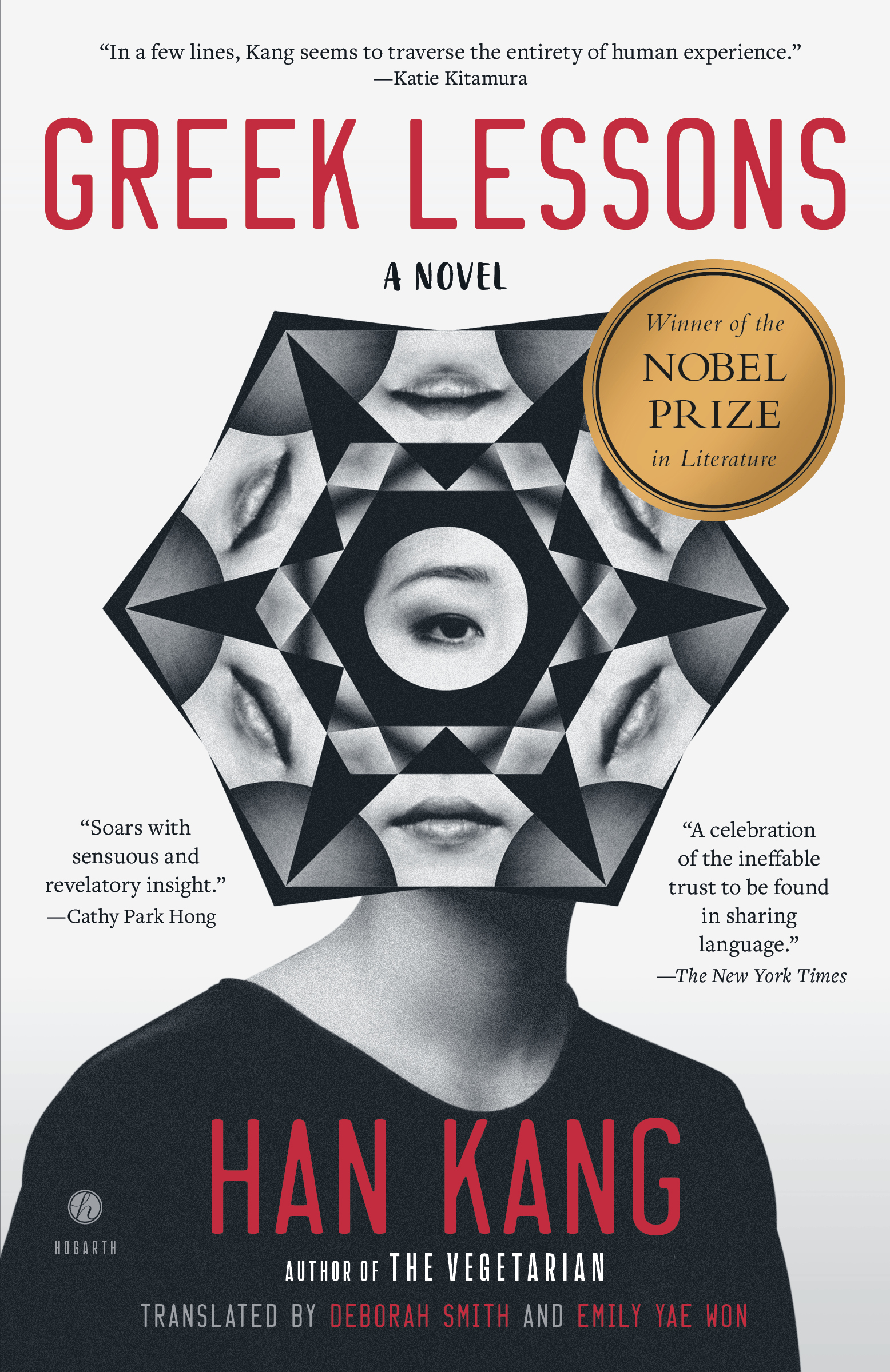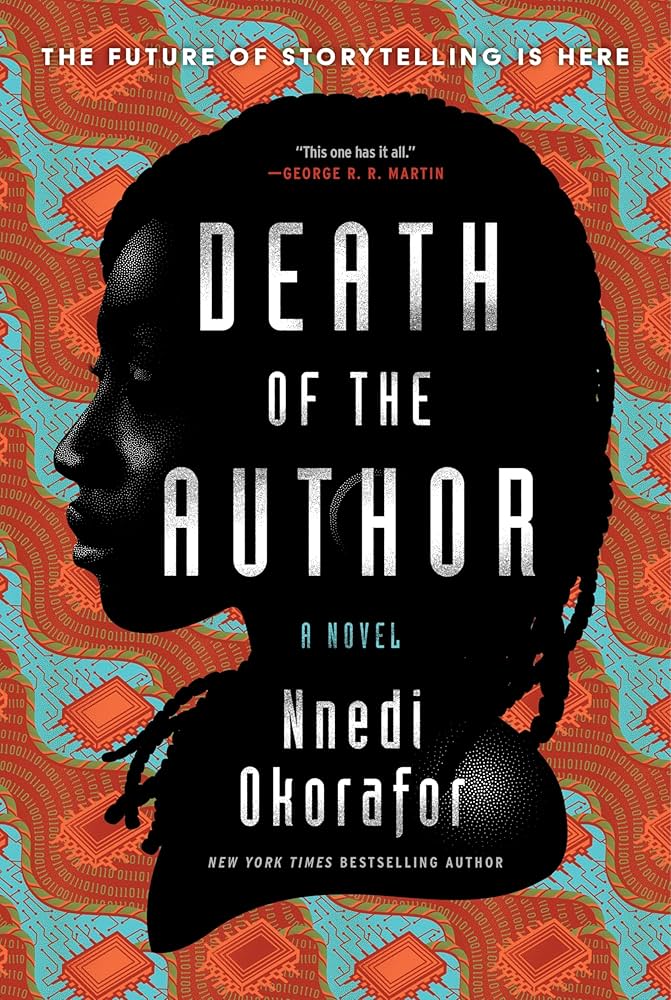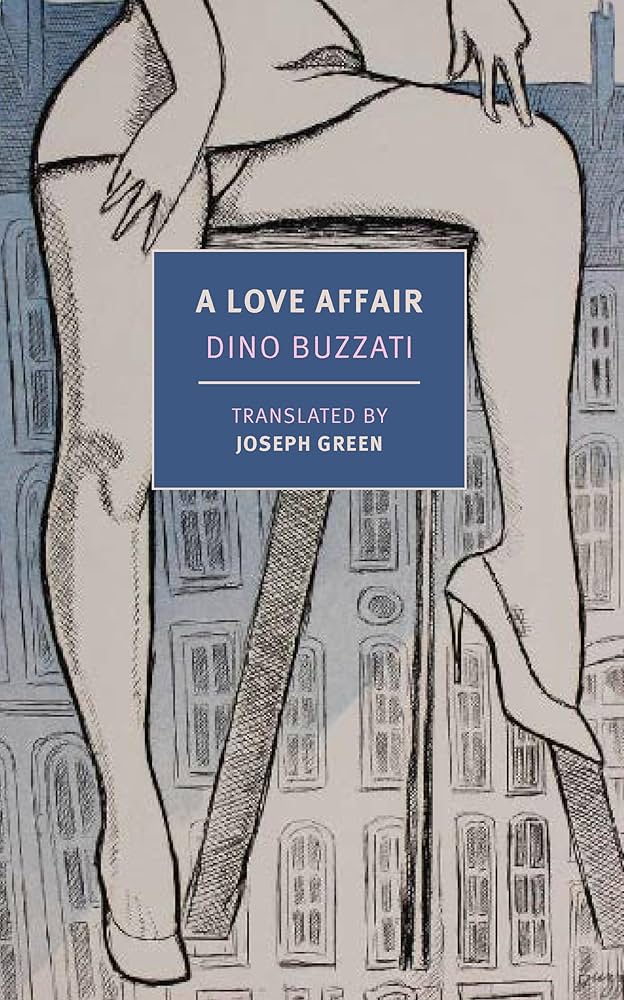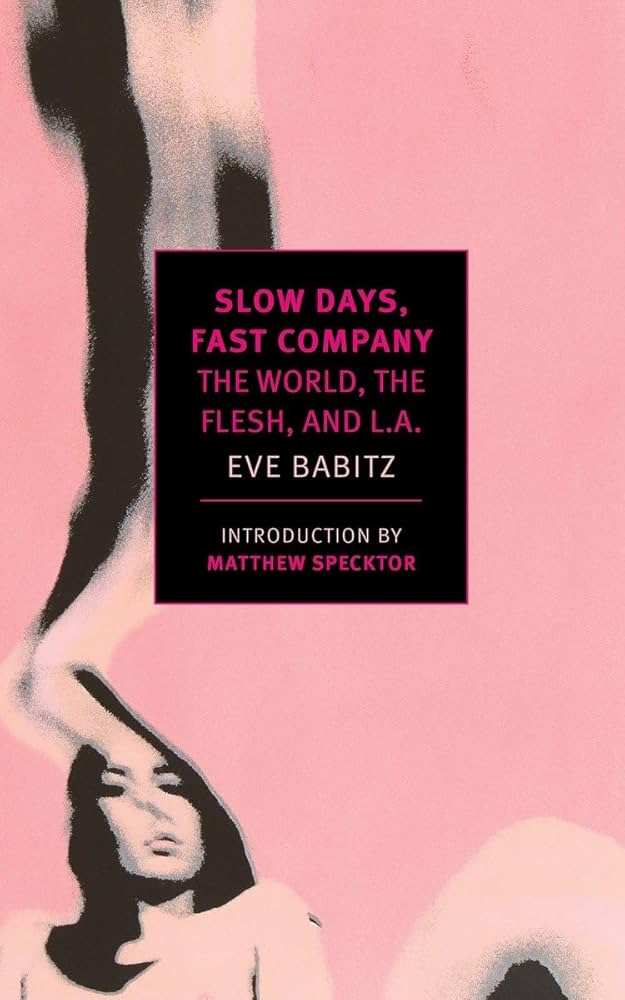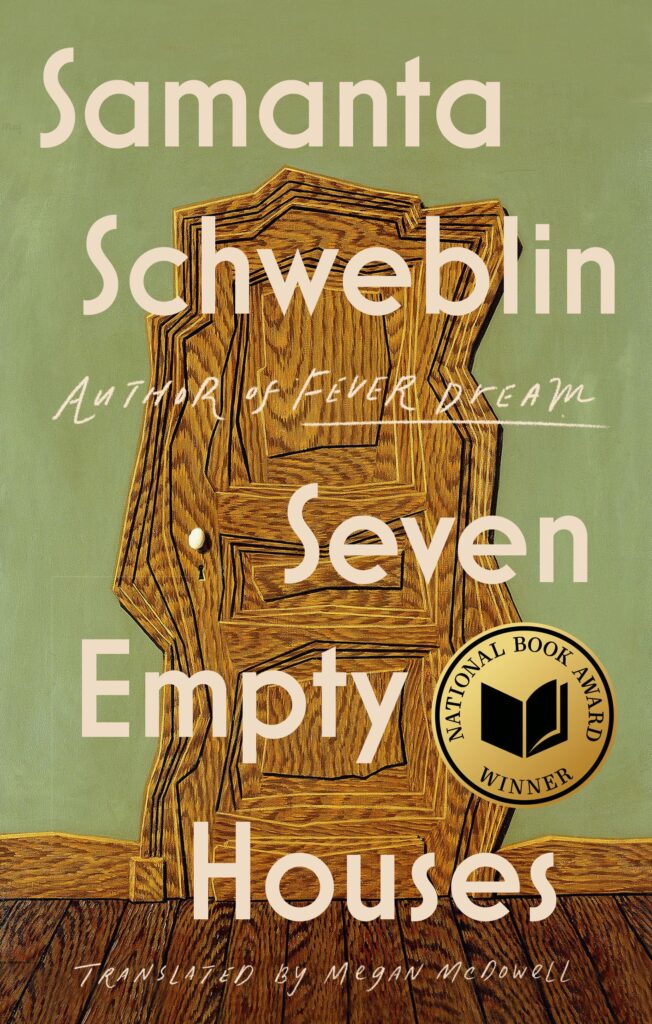I read Han Kang‘s The Vegetarian not long ago and it has stayed with me since. Kang’s allegory, using her main character’s dietary choices as a venue to examine personal agency, trauma and familial expectations was so effective and so rich and layered. That book made Greek Lessons an easy purchase. Unfortunately, Greek Lessons didn’t strike in the same way, though I’m convinced it’s a case of mismatched expectations.
Greek Lessons revolves around two unnamed characters – one, a University professor (Greek, of course), who is slowly losing his sight, and the other a woman who has lost the ability to speak, and also lost custody of her son to her ex-husband. His story is told in the first person, hers in the third. She begins a course in ancient Greek taught by him, and a relationship begins to form.
This book felt somewhat cold and distant in the way The Vegetarian didn’t. It took a long time to feel I was getting the story – the changing narrator and deliberate vagueness around characters and timelines was challenging. At about the halfway point it clicked, but still didn’t engage me as much as I’d hoped.
Maybe the symbolism is more muted, the metaphors a little harder to access than in The Vegetarian. On reflection (it’s been a little more than a week since I finished it), the book is about language and communication more than it is about the relationship of the characters. In this review from The Guardian, Em Strang says it better than I would:
I don’t think the book is about the characters, which is one of the reasons Kang chooses not to give them names, and it’s certainly not plot-driven either. What is steering the craft? One answer is that it’s language itself, and the dissolution of language, which is why in parts the narrative seems to almost dissolve (all those truncated passages and floating section markers). It’s hard to get a firm foothold:
“This place is a place
where it is difficult to take a step in any given direction.
All around has grown dark,
It is a place where it is difficult to find anything.”
When they do come together at the end of the book, there’s so much beauty in the writing. Kang can write, and translators Deborah Smith and Emily Yae Won have produced something lyrical and lovely in English. I could read stuff like this all day:
Even before I opened my eyes in the morning, you would slip under my eyelids. When I opened them, you instantly transferred to the ceiling, the wardrobe, the windowpane, the street, the far-off sky, and glimmered there like dappled light.
I think Greek Lessons is a book that will grow larger in my memory as it ages. I’m already thinking about rereading it, after combing through many of the Book Marks reviews and gaining the perspectives of others.

